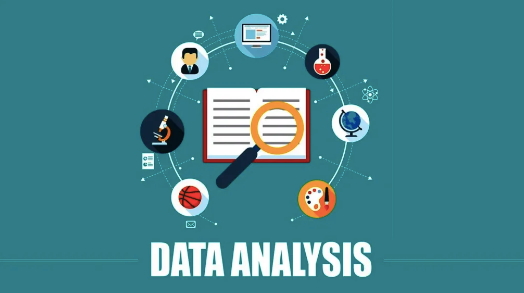Data analysis is the process of inspecting, cleansing, transforming, and modeling data with the goal of discovering useful information, informing conclusions, and supporting decision-making. In today’s data-driven world, the ability to analyze data effectively is crucial for businesses, researchers, and individuals alike.
What Is Data Analysis?
At its core, data analysis involves the systematic application of statistical and logical techniques to evaluate and interpret data. This process can involve several key steps:
- Data Collection: Gathering relevant data from various sources, such as surveys, databases, or sensors.
- Data Cleaning: Identifying and correcting errors or inconsistencies in the data to ensure its accuracy and reliability.
- Data Exploration: Analyzing data sets to summarize their main characteristics, often using visual methods like charts and graphs.
- Data Modeling: Applying statistical models and algorithms to understand patterns, trends, and relationships within the data.
- Interpretation: Drawing conclusions based on the analysis and translating findings into actionable insights.
Why Does Data Analysis Matter?
- Informed Decision-Making: Businesses use data analysis to make informed decisions based on empirical evidence rather than intuition. By understanding customer behavior and market trends, companies can tailor their strategies to meet the needs of their audience.
- Identifying Trends and Patterns: Through data analysis, organizations can identify trends and patterns that may not be immediately apparent. This insight allows them to anticipate changes in the market and adapt accordingly.
- Improving Efficiency: Data analysis can highlight areas of inefficiency within an organization, allowing for process improvements and cost reductions. By analyzing workflows, companies can streamline operations and enhance productivity.
- Competitive Advantage: Companies that leverage data analysis are often more competitive. By utilizing insights gained from data, they can develop products and services that better meet the needs of their customers, leading to increased loyalty and sales.
- Risk Management: Data analysis helps organizations identify potential risks and develop strategies to mitigate them. By analyzing historical data, businesses can better understand the factors that contribute to risks and prepare for future challenges.
In Summary
Data analysis is a vital skill in today’s world, allowing organizations to extract meaningful insights from vast amounts of information. By mastering data analysis, you can unlock new opportunities and enhance your decision-making capabilities.
If you’re interested in diving deeper into the world of data analysis, join our upcoming free 1-day Bootcamp at CYBERBUDDIES Academy! This hands-on training will equip you with the foundational skills you need to start your journey in data analysis, whether you’re a beginner or looking to refine your skills. Don’t miss out—register today and take the first step towards a successful career in data analysis!


